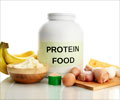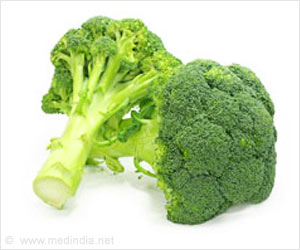Increasing protein intake higher than recommended daily allowances did not show any increase in the muscle performance, lean body mass and well-being in older adults.

‘Increasing protein, a bodybuilding food does not show any significant increase in muscle performance, lean body and well-being in older adults.’





The clinical trial, known as the Optimizing Protein Intake in Older Men (OPTIMen) Trial, was a randomized, placebo-controlled, double-blind, parallel group trial in which men aged 65 or older were randomized to receive a diet containing 0.8g/kg/day protein and a placebo injection; 1.3g/kg/day protein and a placebo injection; 0.8g/kg/day protein and a weekly injection of testosterone; or 1.3g/kg/day protein and a weekly injection of testosterone. All participants were given prepackaged meals with individualized protein and energy contents and supplements. Seventy-eight participants completed the six-month trial.The team found that protein intake greater than the RDA had no significant effect on lean body mass, fat mass, muscle performance, physical function, fatigue or other well-being measures.
"Our data highlight the need for re-evaluation of the protein recommended daily allowance in older adults, especially those with frailty and chronic disease," the authors concluded.
Source-Eurekalert













